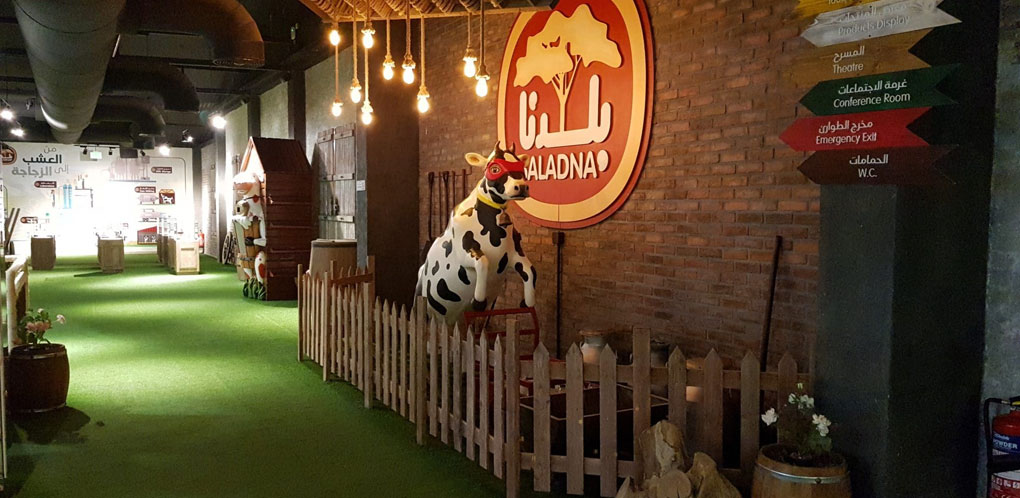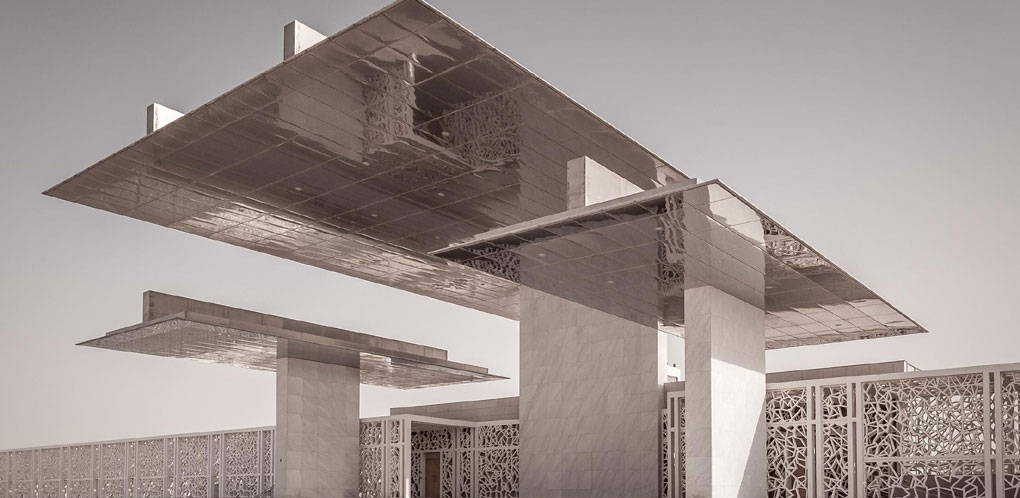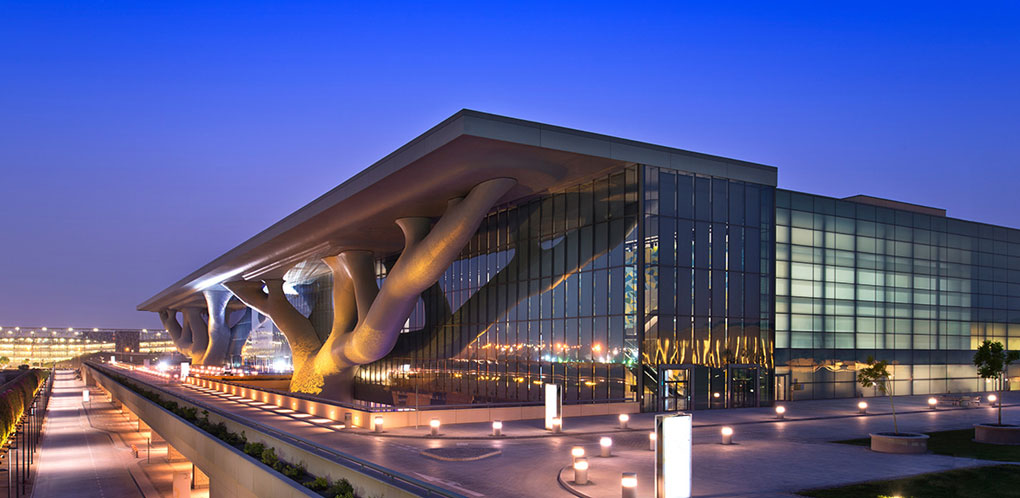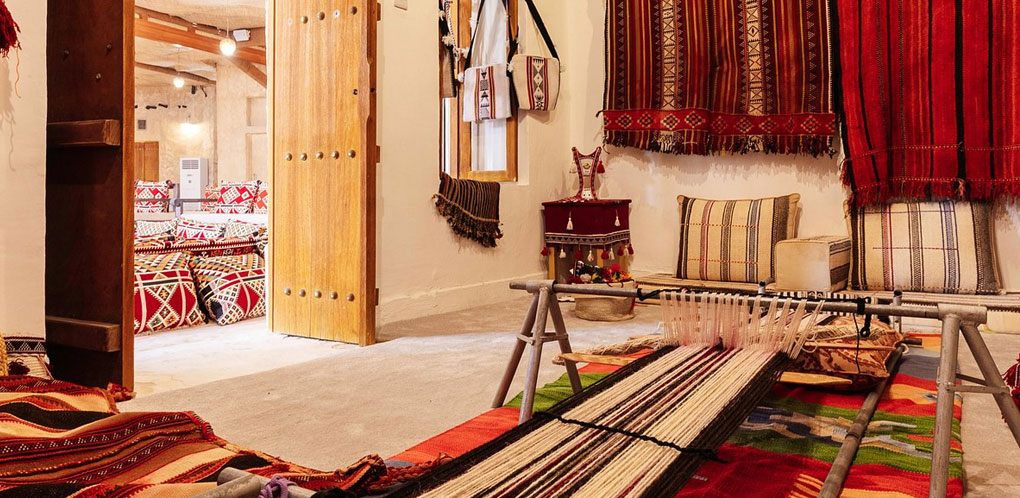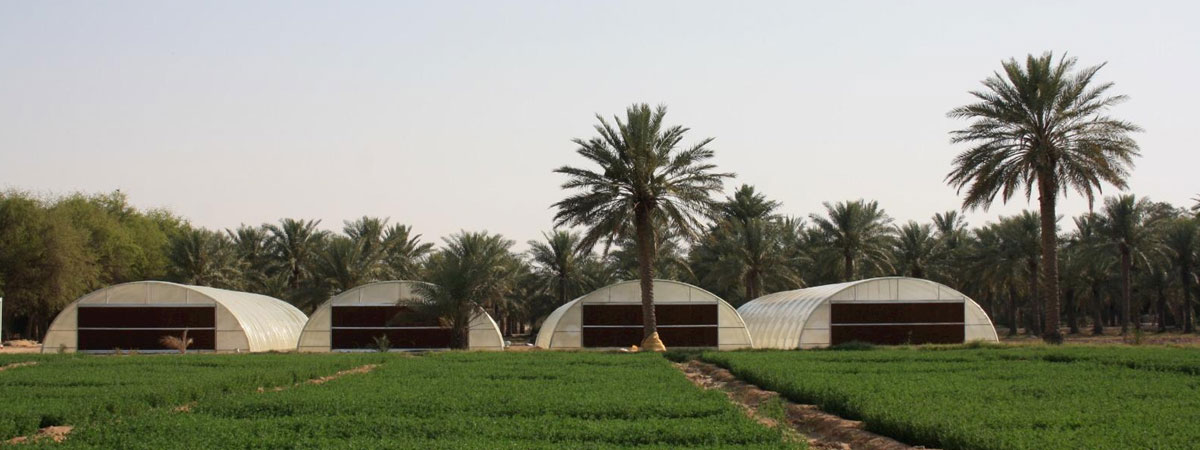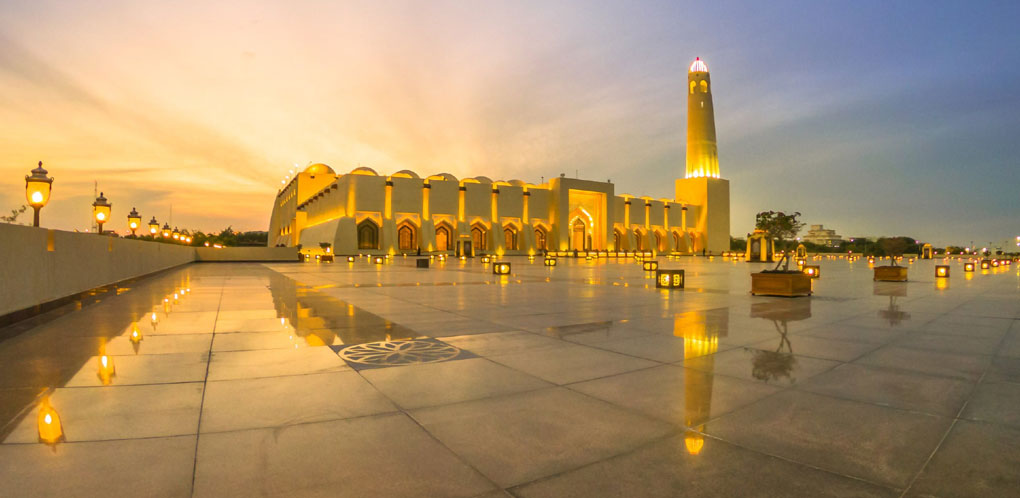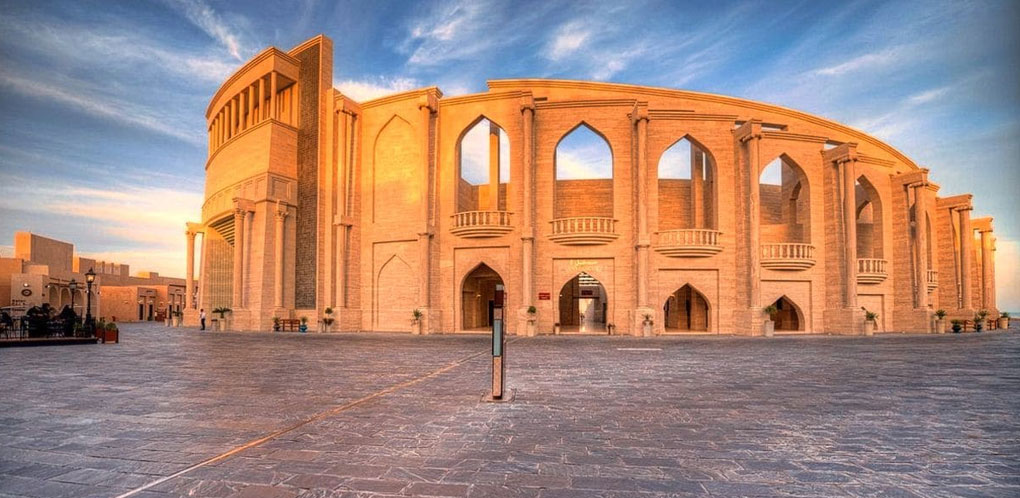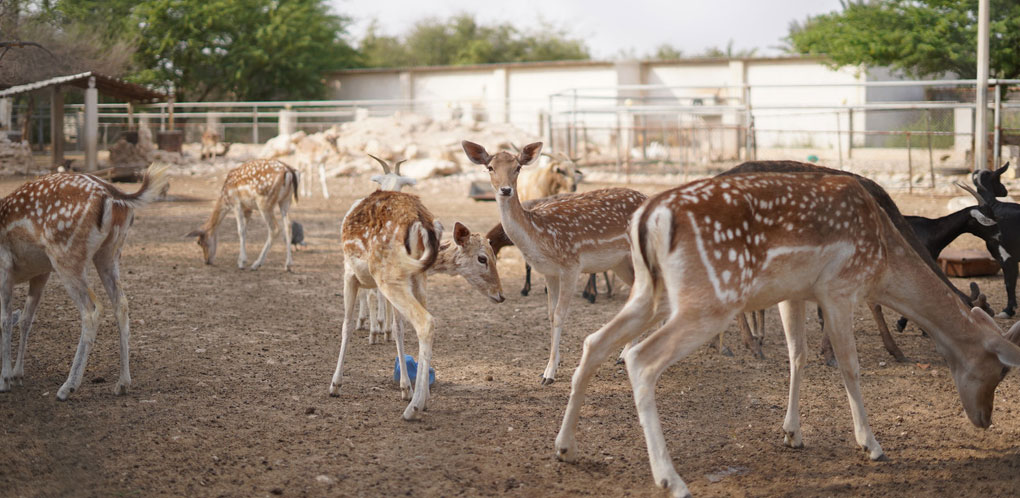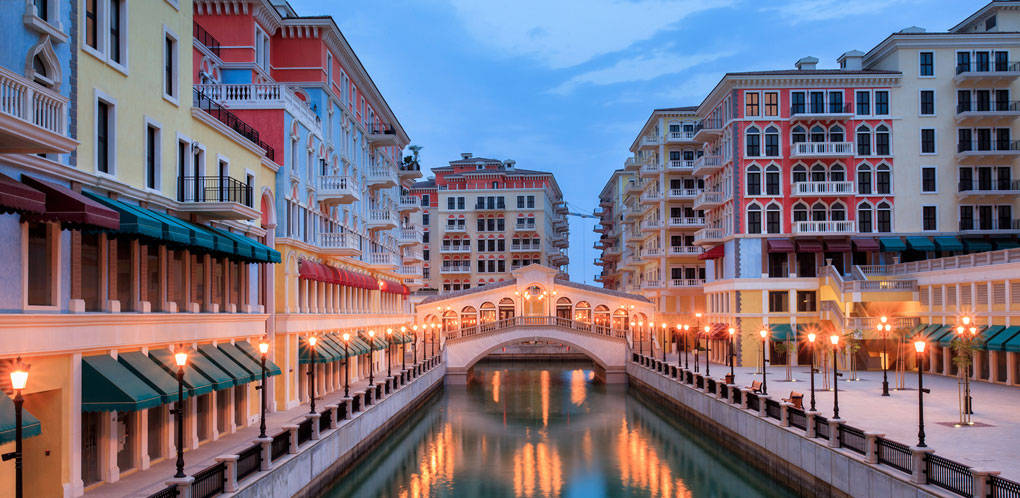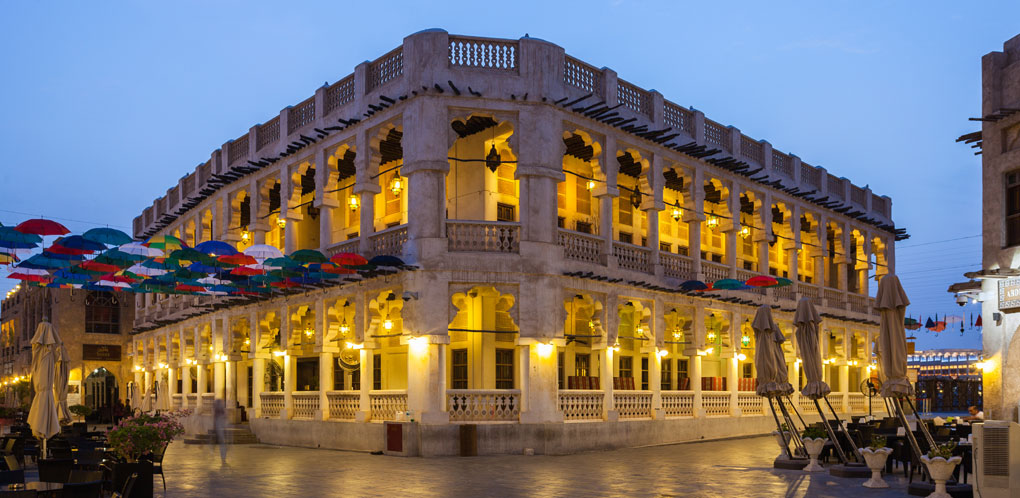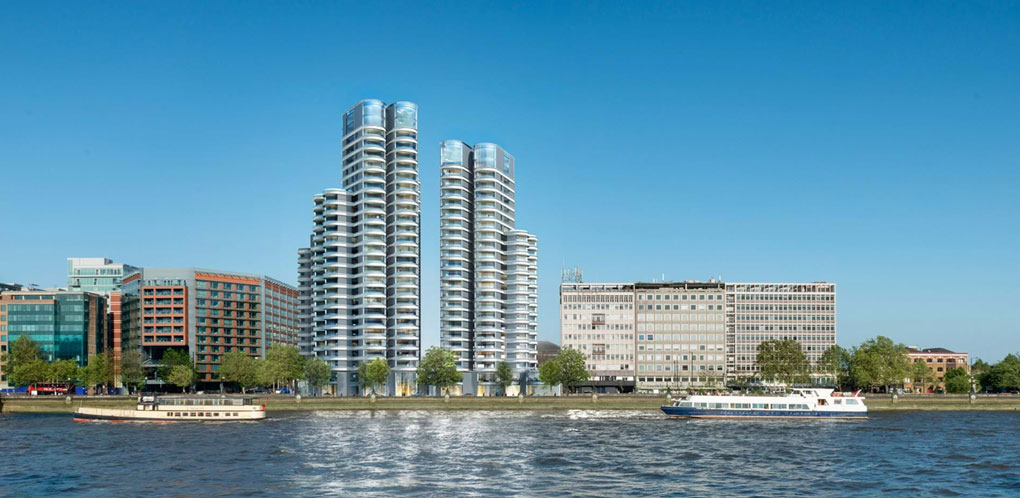
Education City Mosque
Education City Mosque (QFIS Mosque), is the national mosque of Education City Al Rayyan in Qatar. It is located in the Minaretein building, which rests on five large columns representing the five pillars of Islam, with each featuring a verse drawn from the Quran.
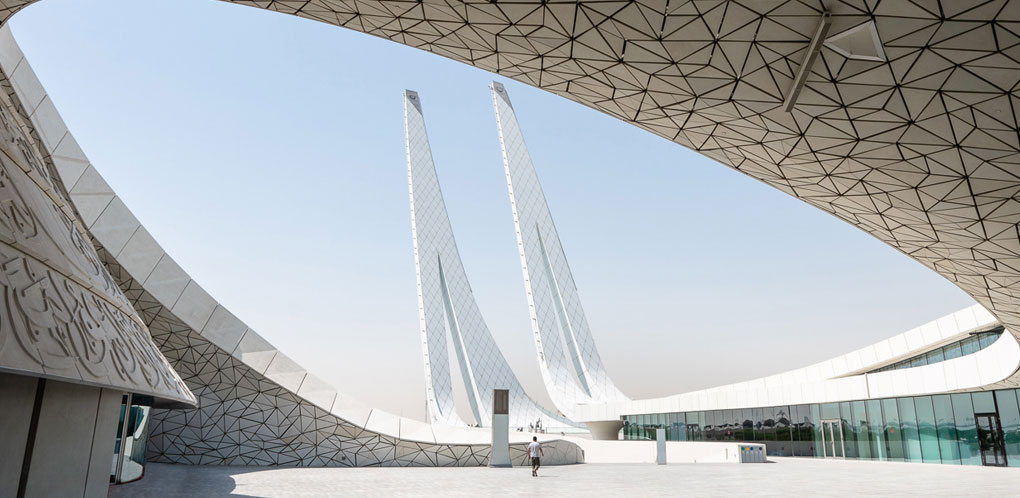
In 2016, the building was nominated by the Royal Institute of British Architects (RIBA) for its inaugural international prize. In 2015, it won the Best Religious Building prize at the World Architecture Festival (WAF) in Singapore. The mosque was designed by the architectural team of Mangera Yvars.
History of Education City Mosque
Located within the Minaretein building as an integral component of Hamad Bin Khalifa University’s College of Islamic Studies (CIS), the mosque embodies a harmonious fusion of knowledge and faith in its architectural design.
Crafted by the renowned Iraqi architect and calligrapher Taha al-Hiti, the minarets serve as symbolic representations of vertical calligraphy, inviting observers to contemplate spirituality and significance by directing their gaze upwards. Supported by five pillars, mirroring Islam’s foundational principles known as the Five Pillars, the mosque symbolically represents Shahada (profession of faith), Salah (prayer), Zakat (giving alms), Sawm (fasting), and Hajj (pilgrimage).
While serving as a community mosque for the Al Rayyan area, the Education City Mosque embodies a testament to the compatibility of Islam with modernity, embracing individuals of all backgrounds. Its expansive main prayer hall accommodates up to 1,800 worshippers, complemented by an additional 1,000 capacity in the exterior courtyard. Embracing inclusivity, the mosque’s outdoor spaces feature four streams representing the four rivers of Paradise described in the Qur’an: water, honey, milk, and wine. Adjacent to the mosque, the Qur’anic Botanic Garden showcases plants mentioned in the Holy Qur’an alongside Qatar’s indigenous flora, reflecting Islamic principles of environmental stewardship and biodiversity preservation.
Beyond its role as a place of worship, the facility serves as a vibrant hub for community engagement, hosting diverse events catering to varied interests and educational pursuits. Complementing its spiritual significance, the Minaretein building also houses Hamad Bin Khalifa University’s College of Islamic Studies (CIS), offering innovative academic programs and fostering intellectual discourse on Islam within a global context. Through its blended academic approach and immersive learning experiences, CIS provides a dynamic platform for critical inquiry and dialogue.




